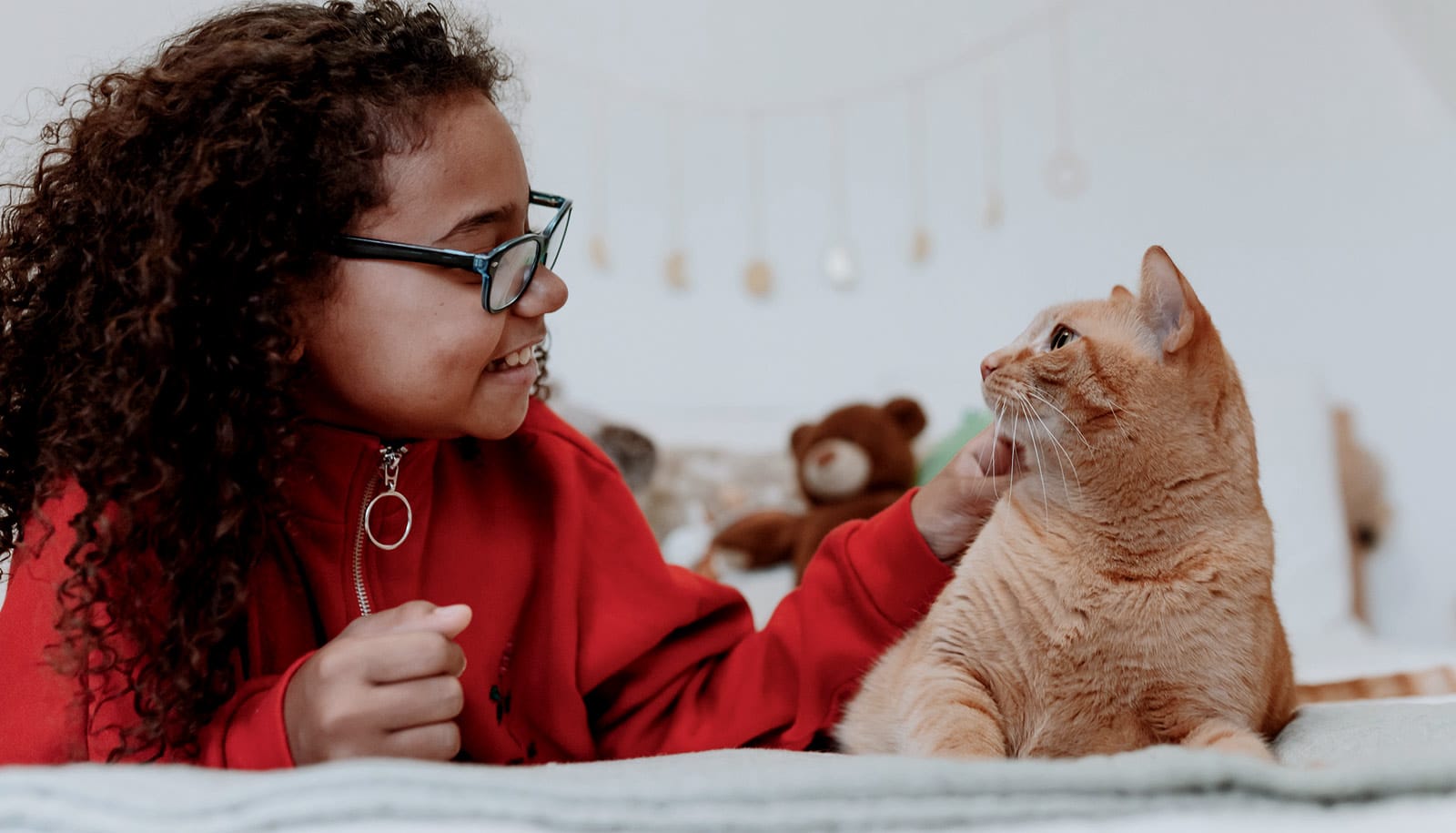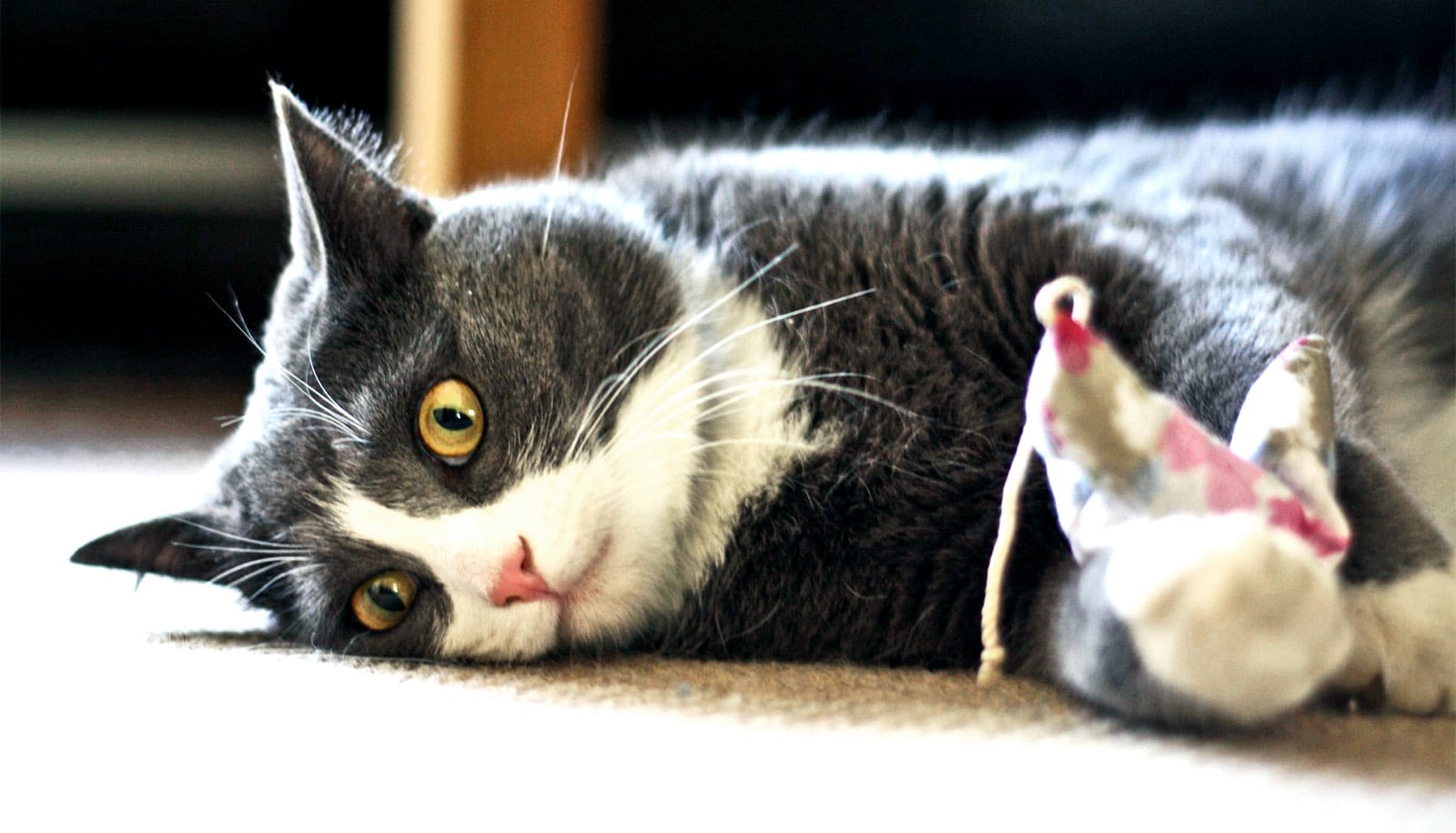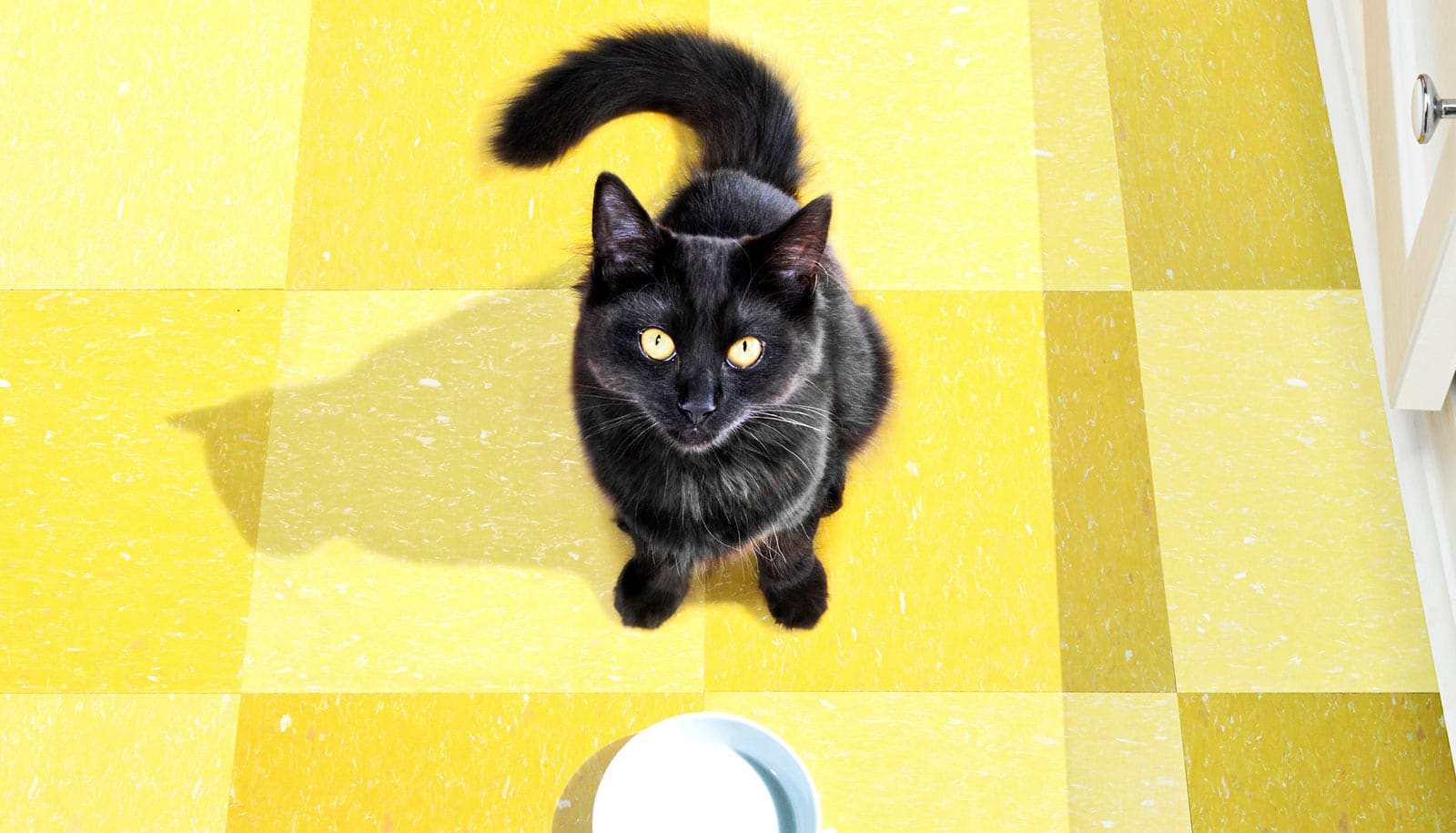Cats may help increase empathy and decrease separation anxiety for children with autism, research finds.
The findings could be useful for families considering adopting a companion animal for their child.
“Previous research has shown parents of kids with autism are more stressed than parents of kids with any other disability,” says Gretchen Carlisle, a former school nurse and now a research scientist at the University of Missouri Research Center for Human-Animal Interaction in the College of Veterinary Medicine.
“If a family is considering adopting a companion animal, we want to provide the best evidence-based information possible so they can make an informed decision, and cats might be more beneficial than dogs to some families.”
In the study, families that had children with autism aged 6-14 were recruited through the university’s Thompson Center for Autism and Neurodevelopmental Disorders and monitored after adopting a cat into their home. The cats were screened for temperament to ensure they were calm and a good match for the family. The families reported an instant bond between their child with autism and their new cat, and that the bond remained strong over the course of time. In addition, they reported that the child’s anxiety decreased over time.
“We found the main benefit of these companion animals is their unconditional acceptance,” Carlisle says. “Some children with autism may have sensory issues or be sensitive to loud noises, so a cat may be an appropriate, comforting pet for some families due to their calming presence.”
Helping families make the best choice for their kids has motivated Carlisle’s research with companion animals, and the study’s findings highlight the benefits of human-animal interaction.
“As a former pediatric nurse, I have always strived to help children, and one thing I learned is that you need to involve the parents so they can make informed choices for their children,” Carlisle says. “I see pets as a way to enhance wellness, and it feels gratifying to provide assistance to families that have a lot on their plate.”
The study appears in the Journal of Pediatric Nursing. Funding for the study came from the Human Animal Bond Research Institute and the Winn Feline Foundation.
Source: University of Missouri



